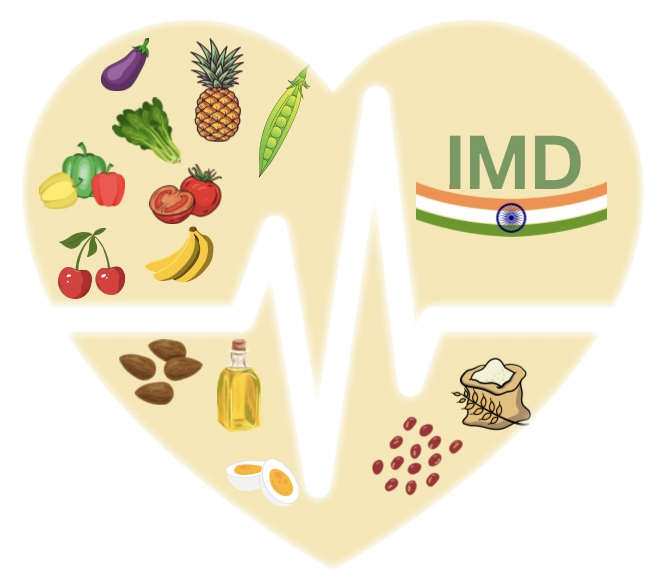Essential Components of the Mediterranean Diet and Their Availability in India
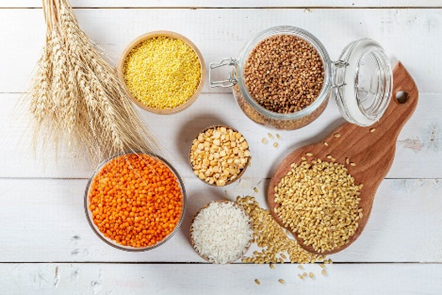
Whole Grains and Cereals
Recommendation: Include whole cereals/grains in your diet.
Benefits: Whole grains like whole wheat, barley, buckwheat, sorghum (jowar), rolled oats, rice, and quinoa are rich in fiber, antioxidants, vitamins, and minerals. They help lower cholesterol, reduce cancer risk, and benefit patients with other non-communicable diseases.
Availability in India: A wide variety of whole-grain cereals are available in India.
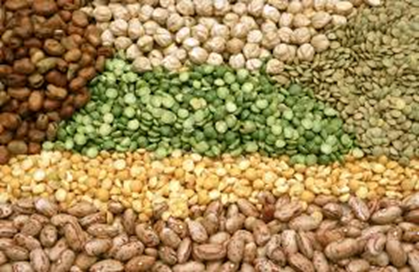
Pulses and Legumes
Recommendation: Include pulses and legumes in your daily diet.
Benefits: Legumes such as chickpeas (chole/ chana), kidney beans (rajmah), lentils (masoor), split peas (arhar dal, toor dal), black beans (soyabean black beans), and black-eyed beans are linked to a lower incidence of type 2 diabetes mellitus and coronary heart disease, and they contribute to increased longevity.
Availability in India: Legumes and pulses are integral to the traditional Indian diet.
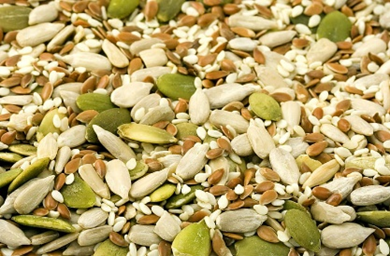
Nuts and Oilseeds
Recommendation: Add nuts and oilseeds to your daily diet.
Benefits: Nuts like almonds, walnuts, figs, raisins, prunes, hazelnuts, peanuts, pine nuts, pistachios, and seeds like flax seeds, sunflower seeds, sesame seeds and pumpkin seeds are high in monounsaturated fats, phenols, phytosterols, phytic acid, and fiber. These components lower plasma lipid levels, reduce the risk of cardiovascular disease, and help prevent or reverse oxidative stress.
Availability in India: A wide variety of nuts and oilseeds are available in India.
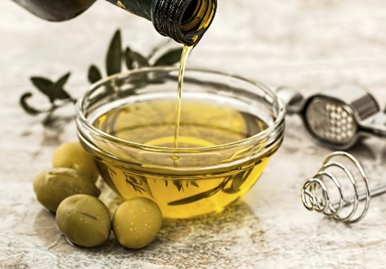
Fats and Oils
Recommendation: Incorporate good fats and oils in your diet in moderation.
Benefits: Extra virgin olive oil and olive oil contain antioxidants that prevent cardiovascular disease, cancer, and inflammation, and improve endothelial function. They also inhibit LDL oxidation.
Availability in India: Mustard oil and Peanut oil, which has a fatty acid profile somewhat similar to olive oil, can be used.
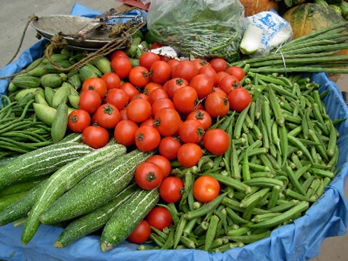
Vegetables
Recommendation: Include plenty of vegetables in each meal.
Benefits: Vegetables, including green leafy vegetables, roots, tubers, and others, boost cognition with flavonoids. Plant-based diets reduce chronic disease risk and increase longevity. Carotenoids, folic acid, and fiber in vegetables prevent coronary heart disease, and phytosterols reduce cholesterol and cardiovascular risk.
Availability in India: Different variety of fresh vegetables are available in India.
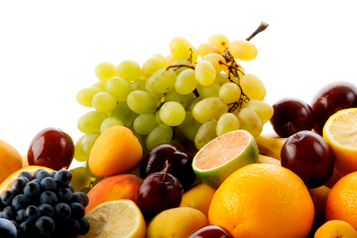
Fruits
Recommendation: Include different types of fruits in your daily diet.
Benefits: Fruits like apricots, cherries, figs, grapefruit, lemons, limes, oranges, melons, nectarines, dates, plums, apples, peaches, pears, pomegranates, grapes, tomatoes, honeydew, strawberries, and kiwi lower the incidence of cardiovascular diseases and cancer. They provide fiber, vitamins, minerals, flavonoids, and terpenes, which protect against oxidative processes that cause chronic illnesses.
Availability in India: A diverse selection of fresh fruits is available in India.
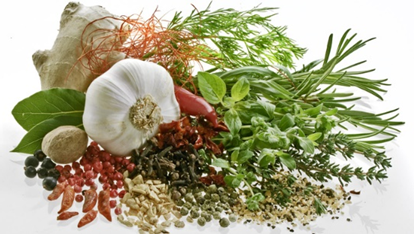
Spices, Herbs, and Condiments
Recommendation: Add spices, herbs, and condiments to every meal.
Benefits: Spices and herbs like basil, bay leaf, black pepper, cloves, coriander, cumin, fennel, garlic, mint, parsley, and turmeric are used to flavor dishes and are regarded for their medicinal benefits due to their healing properties.
Availability in India: Different variety of fresh and dried spices, condiments, and herbs are available in India.
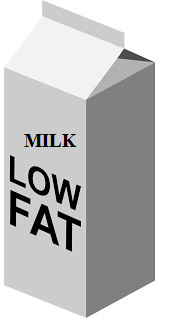
Dairy Products
Recommendation: Consume low-fat dairy products daily.
Benefits: Milk and milk products like curd and cheese contain bioactive components that protect against hypertension, coronary vascular disease, obesity, osteoporosis, and cancer.
Availability in India: Milk and its products are easily available in India.
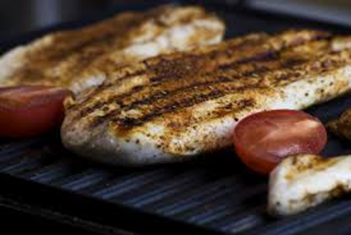
Meat, Fish, and Poultry
Recommendation: Consume lean meat, fish, and poultry in moderation. Restrict the consumption of red meats due to their high saturated fat content.
Benefits: Chicken, chicken eggs, and fish (mackerel, salmon, sardines, tuna) provide high-quality protein, EPA, and DHA, which protect against cardiac arrhythmias, cancer, and hypertension.
Availability in India: While Indian diets are majorly vegetarian, meats, fish, and poultry are also consumed.

Sugars and Sweets
Recommendation: Consume sugars and sweets sparingly.
Benefits: Restricting the consumption of sweets can help to manage energy intake.

Alcohol
Recommendation: Avoid alcohol consumption.
Image Credit : Freepik
